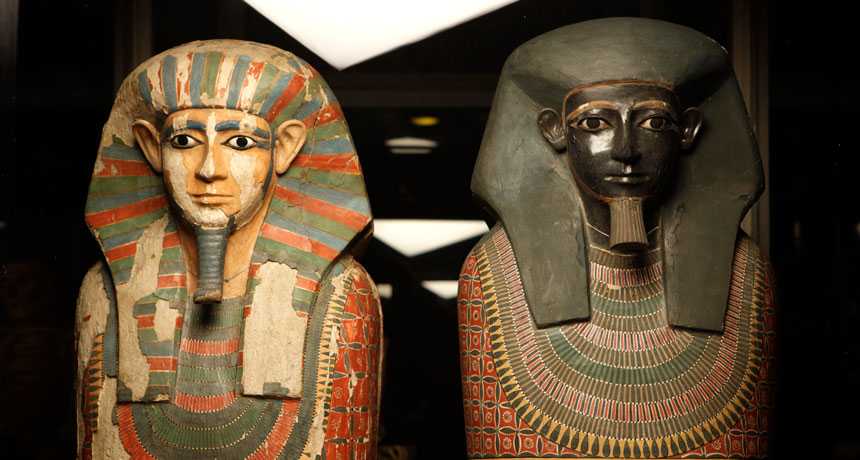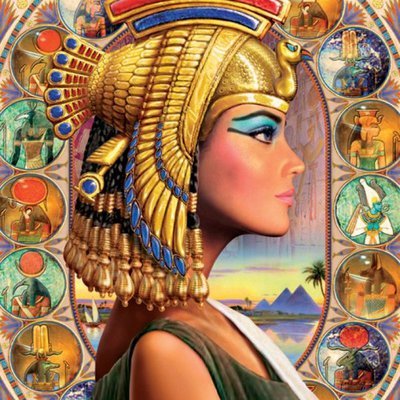In Ancient Egypt mothers were more important than fathers, they found out genetics
Two residents of Ancient Egypt, who until now were considered brothers, were relatives only by their mother. This circumstance indicates that the social status in Egypt was inherited on the maternal line, scientists believe.

Two Egyptians, whose mummies were discovered near the village of Reef in 1907, lived in the era of the twelfth dynasty and died between 1985 and 1773. BC. e.
The inscriptions on the wooden sarcophaguses, in which their mummified bodies lay, mention a woman named Khnum-Aa, the mother of both men, and a man-a local ruler who, according to the ancient text, fell into both brothers' father.

In the new study, scientists compared fragments of mitochondrial DNA of both mummies and DNA (fragments of the Y chromosome). Mitochondrial DNA, transmitted through the maternal line, turned out to be the same for both men, and the Y chromosomes that the children got from their fathers turned out to be different.